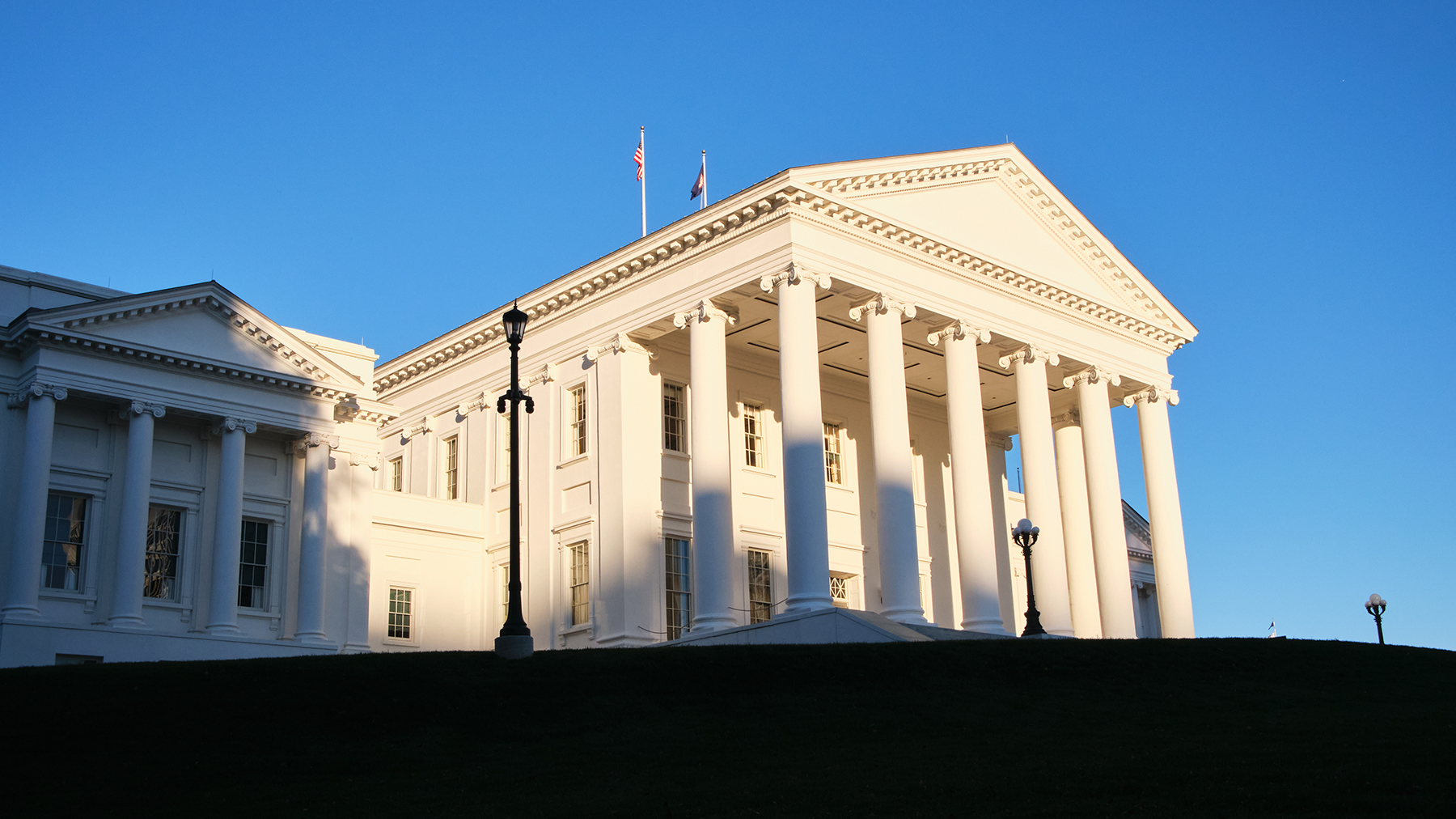
At the end of every year, cities and counties around Virginia put together their wish lists.
But they’re not sending them to the North Pole, care of Santa Claus. They’re sending them to Richmond for General Assembly consideration.
Some requests will find their way into the state’s budget or become their own laws. Others will be left for a future session or ignored altogether.
Pleas for more funding for school construction, city facilities and roads are perennial asks that cross city and county borders. But some localities have particular problems they want to tackle.
Here are some of the biggest requests from Hampton Roads:
Resources to keep police officers from being tied up on mental health calls
When someone is in a mental health crisis, often it's the police responding first, taking them into custody for evaluation under what’s called a “temporary detention order,” or TDO.
But there are very few beds available in mental health facilities these days, meaning it can take hours or sometimes days to place the person in crisis somewhere.
“The chain of custody maintains that this officer needs to stay with this particular person … until they can be turned over to whoever is going to take care of them,” said Sherri Neil, Portsmouth’s intergovernmental affairs manager.
“Sometimes they have to take them across the state from one area to another. That takes an enormous amount of time away from other things that they could and should be doing.”
Neill said this is a well-known statewide problem and every city in Hampton Roads is asking for help from the state to alleviate the strain on short-staffed police departments.
The requests from cities aren’t specific about what the cities want. Neill pointed to some programs already piloted by the state elsewhere, such as bringing in transport companies in the western part of the state to take patients where there are available beds.
Local taxes on vaping products
Virginia Beach and Chesapeake both want a piece of the vaping pie.
E-cigarette sales increased by nearly 50% nationally between the start of 2020 and end of 2022, in part propelled by rising use by both young adults and underaged kids.
Virginia started taxing liquid nicotine, commonly known as vape juice, in 2020.
“I think that opened the eyes to many of the jurisdictions that, we would like similar authority to monitor and modernize our tobacco taxes as well,” said Brent McKenzie, Virginia Beach’s director of legislative affairs.
McKenzie said the tax itself would be pretty minimal, likely less than the state tax, but the requests don’t outline how much the cities want to charge.
“Seeking this sort of authority will provide a funding stream for localities to be able to utilize those dollars in a myriad of ways, including to provide support for health care and education,” McKensie said.
He noted the public health challenges of the rise of vaping among middle- and high-school students, saying funds could potentially help address effects from that.
Port cities want money for development, wear and tear
The Port of Virginia is booming. It recently expanded several facilities and has plans to grow even more. Maritime employment makes up a huge chunk of the state’s economy.
The cities who host those bustling ports facilities want a cut both to capitalize on the increased traffic and mitigate the impact of that traffic on the city’s infrastructure.
Portsmouth, Norfolk and Newport News are all asking the General Assembly to increase the state’s contributions to a pair of grant funds. One is specifically for development in those cities, to the tune of $1.5 million per year that the cities have to compete for. The other is a $1 million annual pot to deal with road maintenance.
The requests vary slightly across cities - Portsmouth, for example, wants those annual totals doubled.
But these requests aren’t new, and in fact have been ignored by legislatures for several years.
Jerri Wilson, who handles intergovernmental affairs for Newport News, said the amount the state budgets hasn’t changed since the funds were set up in 2006.
“You and I both know 2024 dollars and 2006 dollars are very different,” Wilson said.
“The trucks continue to get heavier and the port is very successful. We're all very happy that the port is successful. But of course, the traffic coming in and out of the facilities really does tear up the roads.”
Hampton wants to be able to seize, sell ATVs
The City of Hampton writes that it’s seeing “a growing trend of unregistered ATVs, dirt bikes and motorcycles on its streets.”
These riders, the city says, put others in danger by blocking roads and doing stunts.
So it wants to be able to seize the all-terrain vehicles plaguing its streets, impounding them when police catch the riders and ultimately selling them.
But why does Hampton need state approval to do this? It seems like a straightforward extension of existing laws around cars and motorcycles.
In Virginia, cities and counties only have the rights explicitly granted to them by state law. The Dillon Rule, as it's called, leads to lots of extremely specific requests each General Assembly session.




